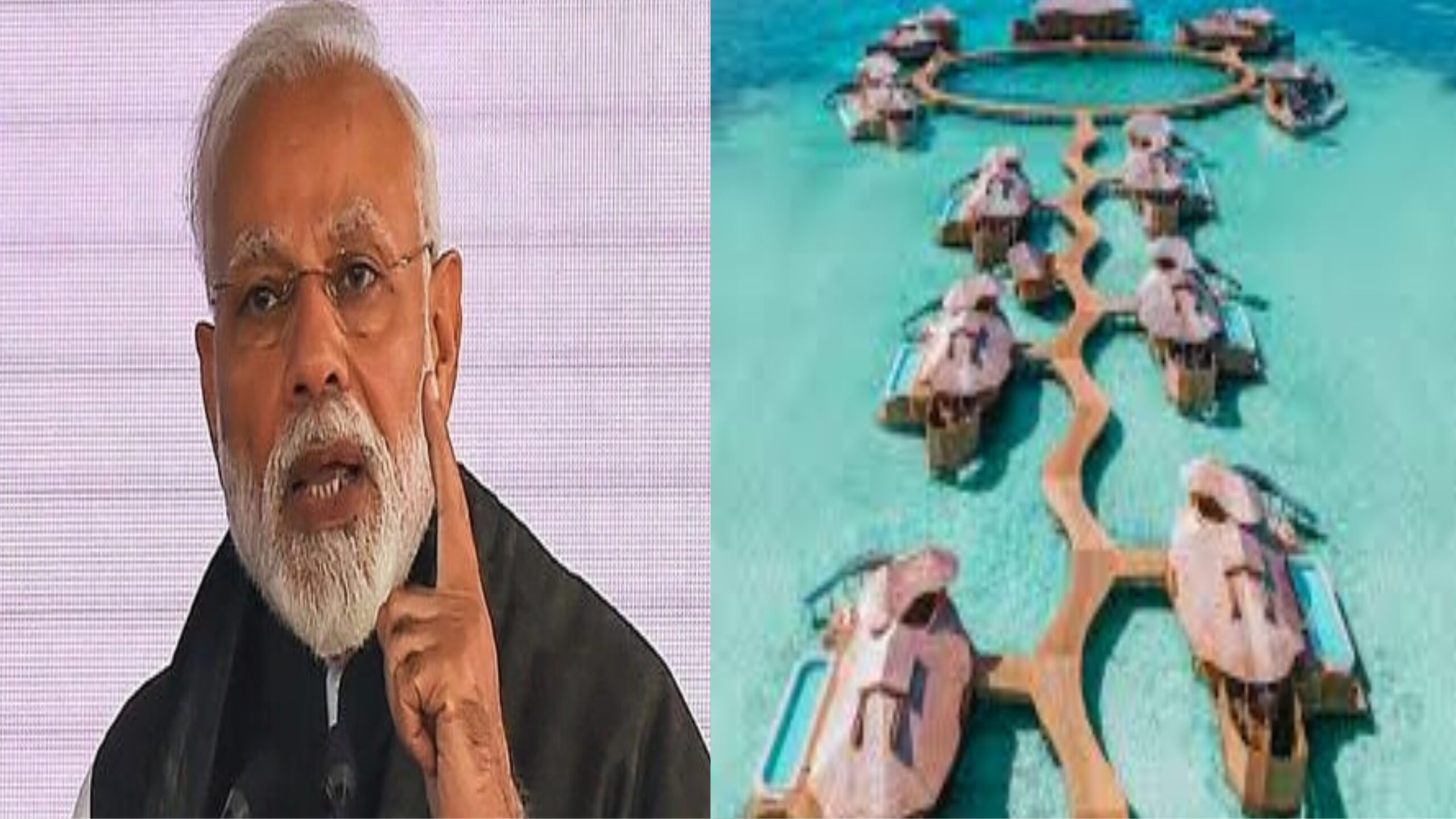Regrettably, recent social media postings by several ministers in President Mohamed Muizzu’s administration in Maldives have ignited a diplomatic row with India. The Maldivian high commissioner to India, Ibrahim Shaheeb, faced a stern summons to the external affairs ministry in New Delhi. This meeting served as a platform for India to express its strong disapproval over the derogatory remarks directed at Prime Minister Narendra Modi.
During the intense four-minute session, the Indian officials conveyed their deep disappointment, emphasizing that the remarks had severely strained the bilateral relationship between the two nations. Moreover, they highlighted the responsibility President Muizzu holds in rectifying this delicate situation.
India’s firm stance extended beyond mere verbal admonishment. It insisted that three junior ministers, specifically two female ministers closely associated with President Muizzu, should face dismissal rather than just suspension, considering the gravity of their actions.
The palpable outrage in New Delhi stems from President Muizzu’s silence regarding the uncouth behavior exhibited by these junior ministers, particularly those identified as the President’s spokespersons. Questions have arisen regarding whether these ministers deliberately provoked this outrage, given their timing close to President Muizzu’s impending visit to China to solicit funds from President Xi Jinping.
This uproar unfolded after the three deputy ministers made objectionable remarks about Modi’s ‘X’ post following his visit to Lakshadweep. These comments insinuated an attempt to promote the Union Territory as a competing tourist destination to the Maldives.
In response, the Maldivian foreign ministry issued a statement acknowledging the existence of these “derogatory remarks” on social media. However, it stressed that these personal views did not reflect the official stance of the Maldivian government or its policies.
The escalation of tensions between India and Maldives, fueled by the unfiltered social media conduct of these ministers, underscores the delicate nature of diplomatic relations. India’s unequivocal stance against such behavior highlights the significance it places on respect and decorum in intergovernmental communications.
This incident serves as a pivotal moment for both nations to reassess the standards of diplomatic discourse. It not only emphasizes the need for accountability within governments but also underscores the imperative for responsible and respectful conduct, especially in the public domain, among high-ranking officials.
The impact of this incident extends beyond the immediate bilateral relationship. It serves as a reminder of the global significance of digital communication in shaping international perceptions. In an interconnected world, the words and actions of public figures carry weight and can significantly influence diplomatic ties and public opinion.
As both India and Maldives navigate through this diplomatic turbulence, the onus lies on both nations to reaffirm their commitment to mutual respect, adherence to diplomatic norms, and the preservation of amicable relations. The incident should prompt introspection and measures to prevent similar episodes from clouding the broader spectrum of bilateral cooperation and mutual goodwill between the two nations.

